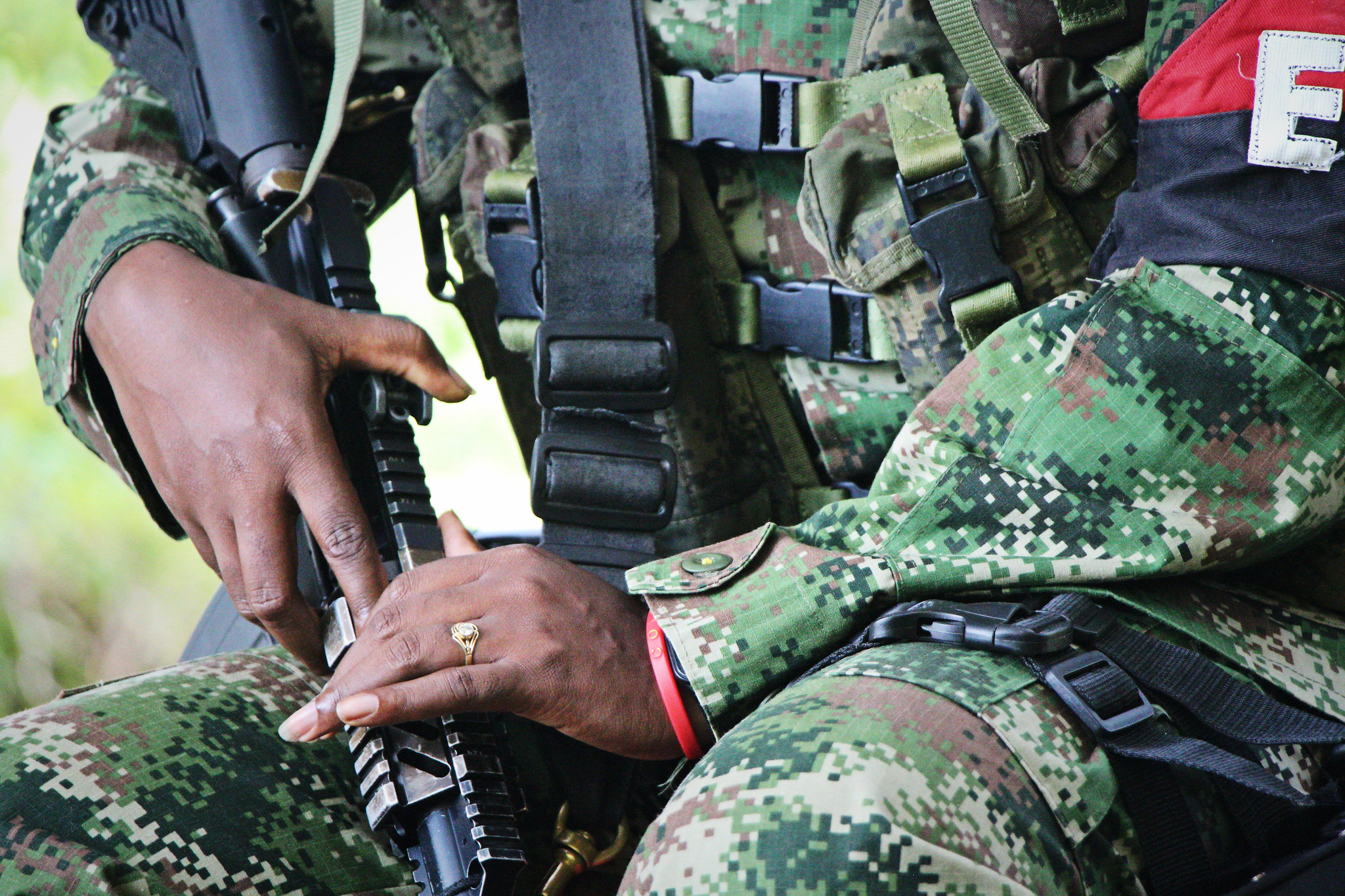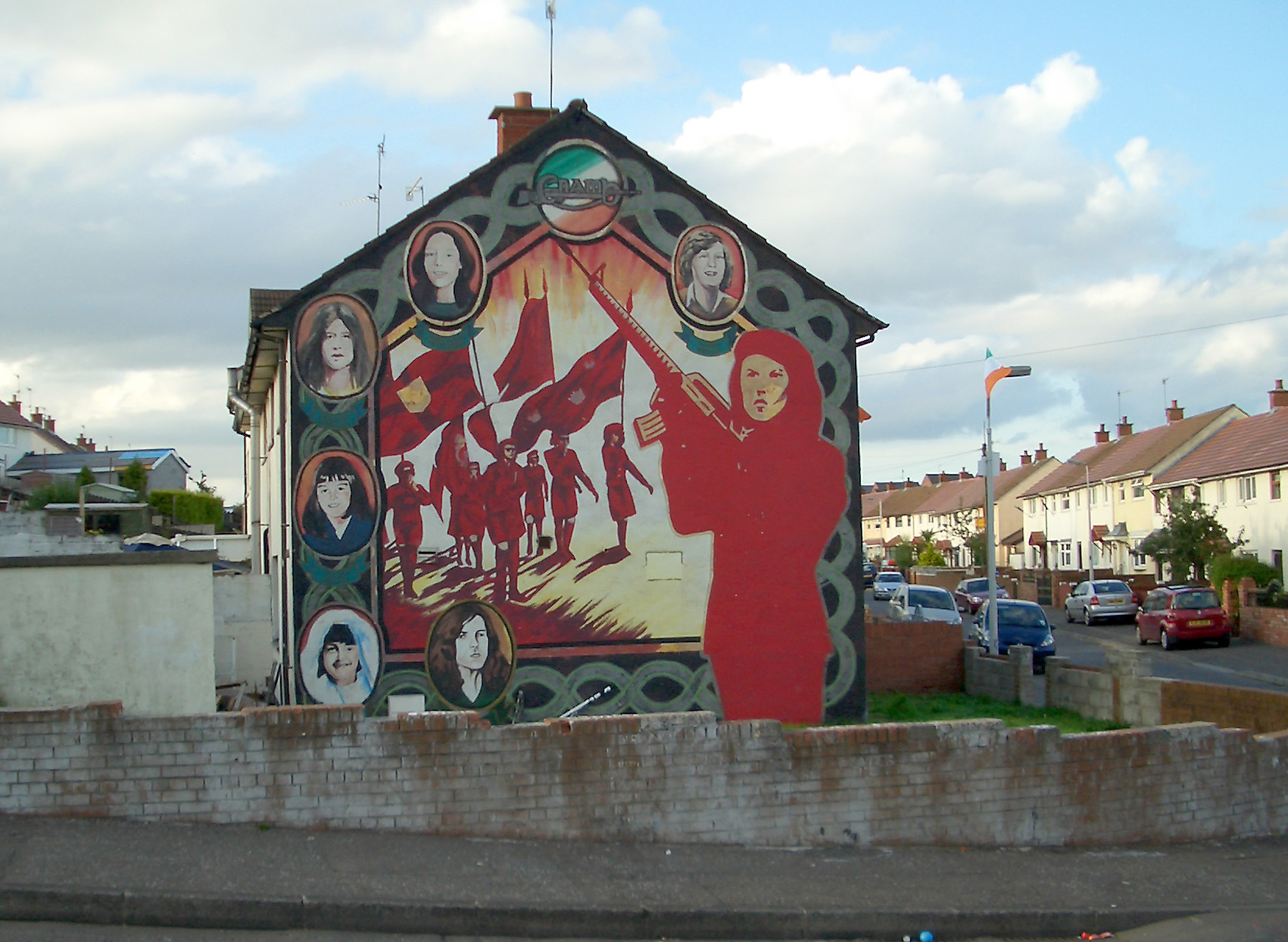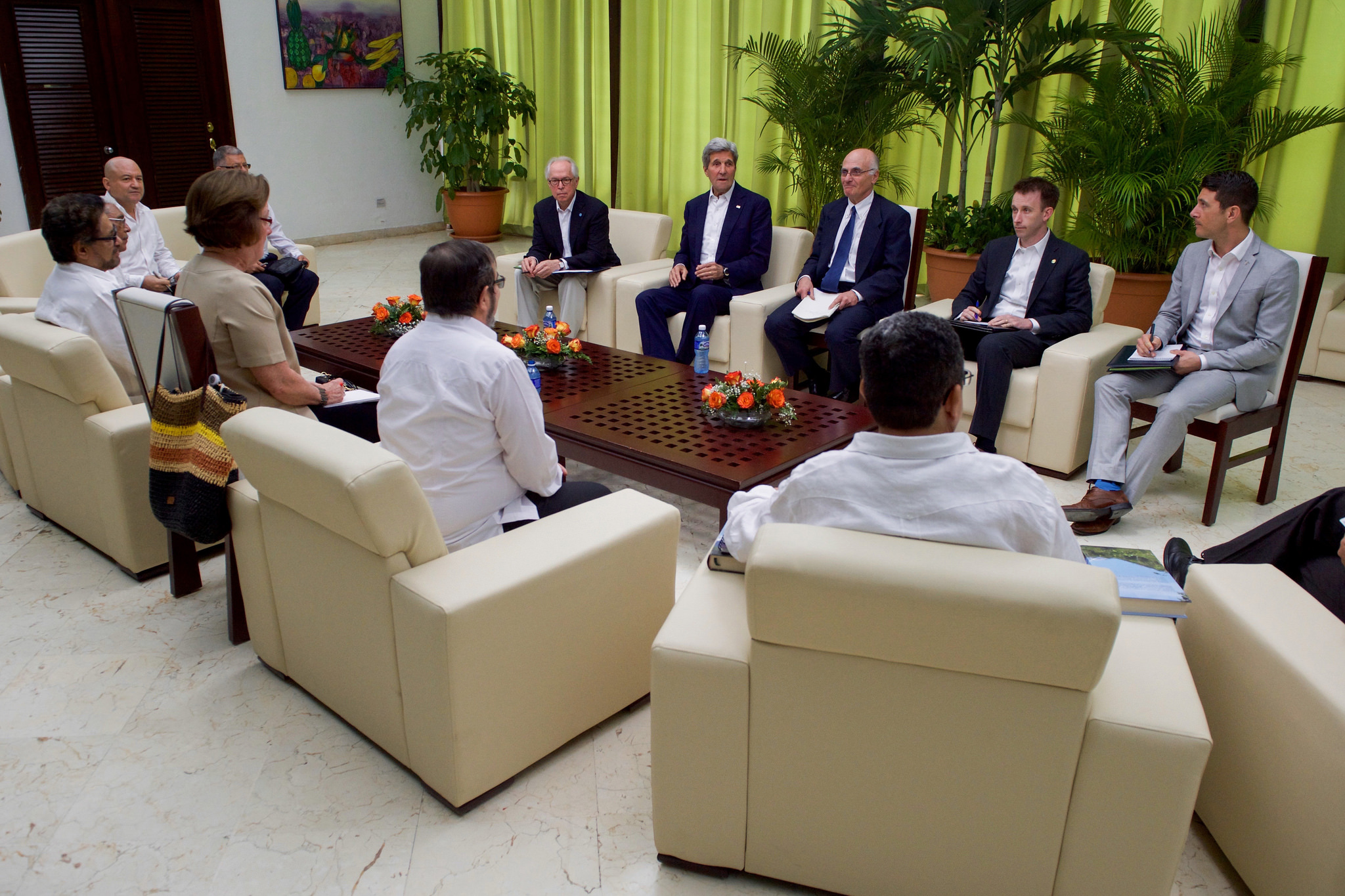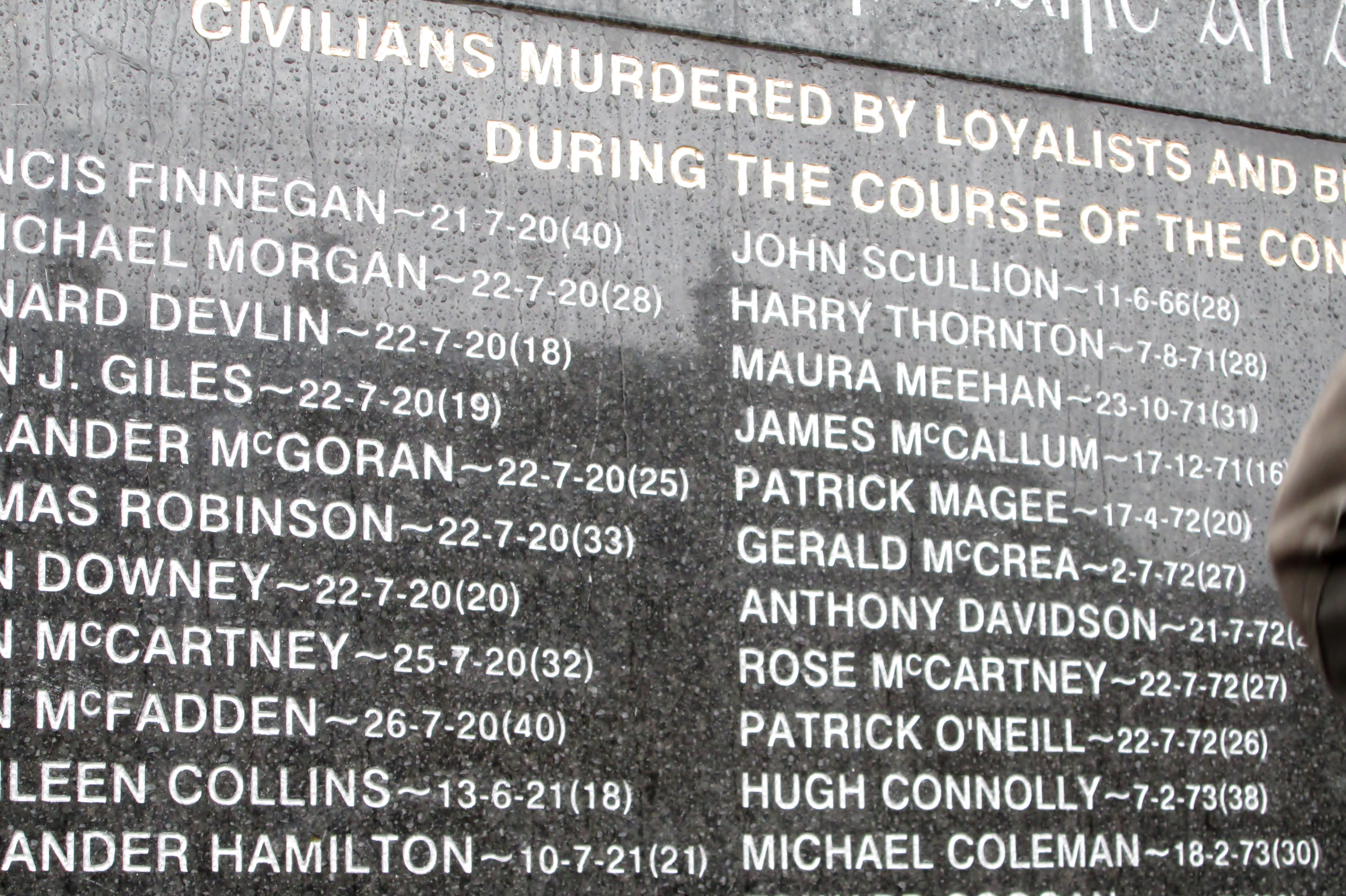Guest post by Shauna N. Gillooly
The last time the Colombian government and the leftist rebel group the National Liberation Army (ELN) began negotiations in 2018, they were disrupted by a car bomb set off in Bogota, which killed 20. The ELN claimed responsibility for the bomb, which immediately ended negotiations. Now, the government and the rebels are back at the negotiating table.
The ELN formed in the 1960s, and has since established a transnational presence across Colombia and Venezuela, and controls much of the illicit economies along the border of the two countries. A peace accord with the group could significantly improve security in both Colombia and Venezuela, but the obstacles to peace are significant.
Official peace negotiations tend to reflect the ways that war is waged, and ownership of these processes often reinforces pre-existing power structures and dynamics in a society. Social inclusion and integration can have positive consequences for the sustainability of peace accords and their implementation, but peace processes often exclude rather than include. Past research shows that women’s exclusion in peace processes can be seen as the canary in the coal mine—“a highly visible marker of the broader exclusivity of such processes, and the complex dynamics of elite capture in war and peace processes.”
Women’s participation in peace negotiations and peace processes creates more durable and lasting peace, and peace deals signed by women have higher rates of implementation. Yet, women continue to be primarily excluded from these processes. Between 1992 and 2011, only 2 percent of chief mediators and 9 percent of negotiators in peace processes were women.
With many Colombian citizens unhappy with the implementation of the peace agreement between the Colombian government and the Revolutionary Armed Forces (FARC, another leftist rebel group), the negotiations with the ELN face a new challenge—skepticism. What can experience from the peace negotiations with the FARC tell us about the likelihood that women—and other groups—will be involved in this new round of negotiations with the ELN—and thus, about the durability of the negotiated peace?
Importance of Social Inclusion—From the Beginning
In my new research, I conducted interviews with 25 members of both the Colombian government and the FARC negotiation teams who participated in peace negotiations in 2016, to understand how they viewed women’s participation. I interviewed main table negotiators, negotiators who were at the gender and ethnic sub-committee tables, people who worked as researchers and secretaries, and women who gave testimony during negotiations.
I found that initially, no women were included in the negotiations between the FARC and the Colombian government. In fact, it was through civil society pressures, primarily from feminist and women’s organizations, that the government appointed female negotiators. Some interviewees—both men and women—agreed that women’s participation in the 2016 accords was more than sufficient, with one stating that “this is the most involvement that women have ever had in a peace process before.” Others disagreed, stating that the creation of a sub-committee for gender had allowed gendered concerns to be siloed during the negotiation process, and that the final product of the accords reflected that. Still, others said that neither the government nor the FARC were committed to gendered concerns, and that it was only through the pressure placed on both parties by civil society organizations that women were included at the highest levels of negotiation and that gendered concerns were “taken seriously” at the main table.
I found that with a few exceptions, in Colombia, most women were mid-level negotiators, advisors, spokespersons, and secretaries. It was only through the mobilization of women’s and feminist groups that there was some representation of gender diversity at the Havana negotiations.
What Does This Mean for the Peace Negotiations with the ELN?
While conducting interviews with government and FARC negotiators, I included some questions about the ELN negotiations as a way to examine if negotiators felt that the inclusion of women at the table would continue to increase in future peace processes. Respondents were dubious about both the ELN’s and the government’s commitments to gender inclusion in this process.
Despite the benefits, women’s participation in peace processes is still not taken seriously—and not only in Colombia. Feminist activists in Eritrea have lamented the lack of women’s inclusion in nascent peace processes between Eritrea and Ethiopia, and women’s contributions to the Northern Ireland peace process are still downplayed today.
With the new Colombian administration’s commitment to “total peace,” there are many lessons to be learned from the FARC negotiation and implementation process. If Colombian President Petro and his administration want to achieve its ambitious goals toward creating sustainable peace, more robust social and gender inclusion from the ground floor of these peace talks is key.
Shauna N. Gillooly (@ShaunaGillooly) is a postdoctoral fellow at the Global Research Institute housed at William & Mary.






